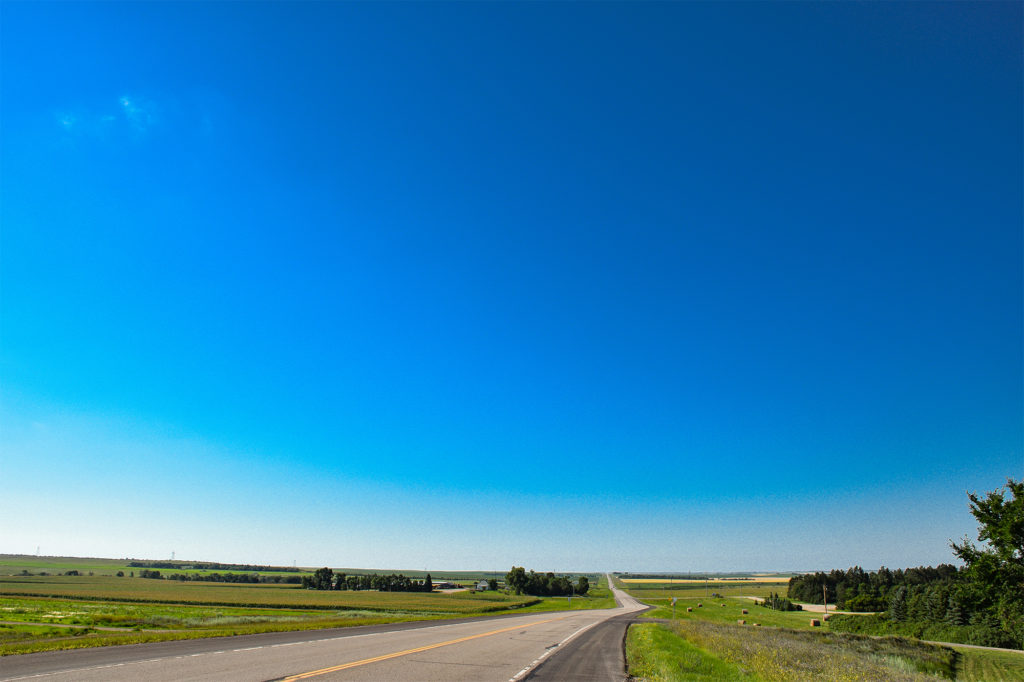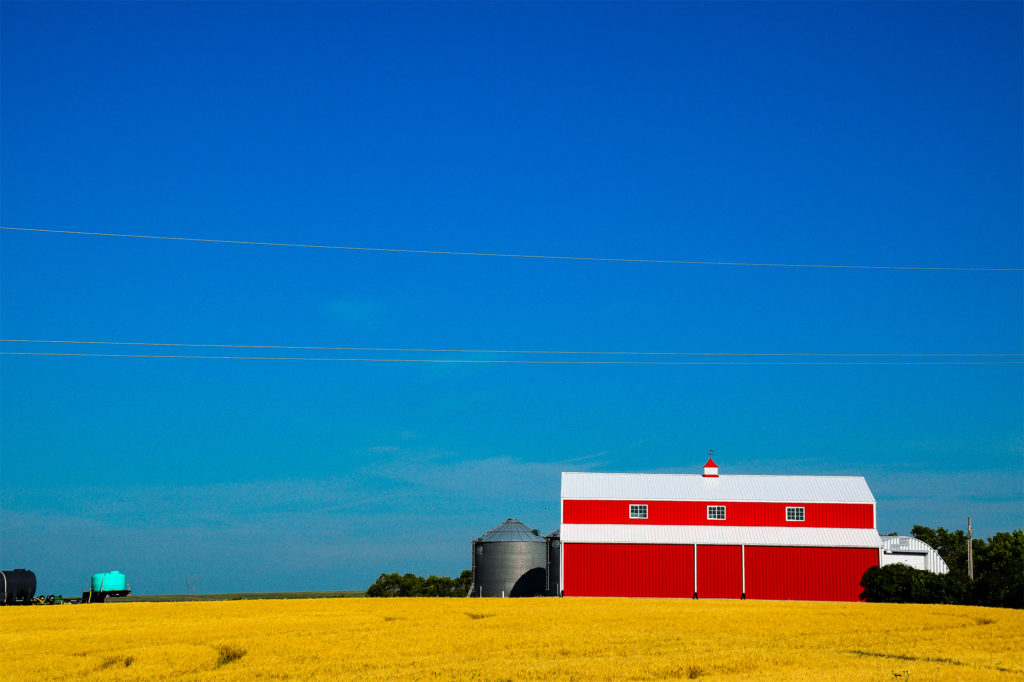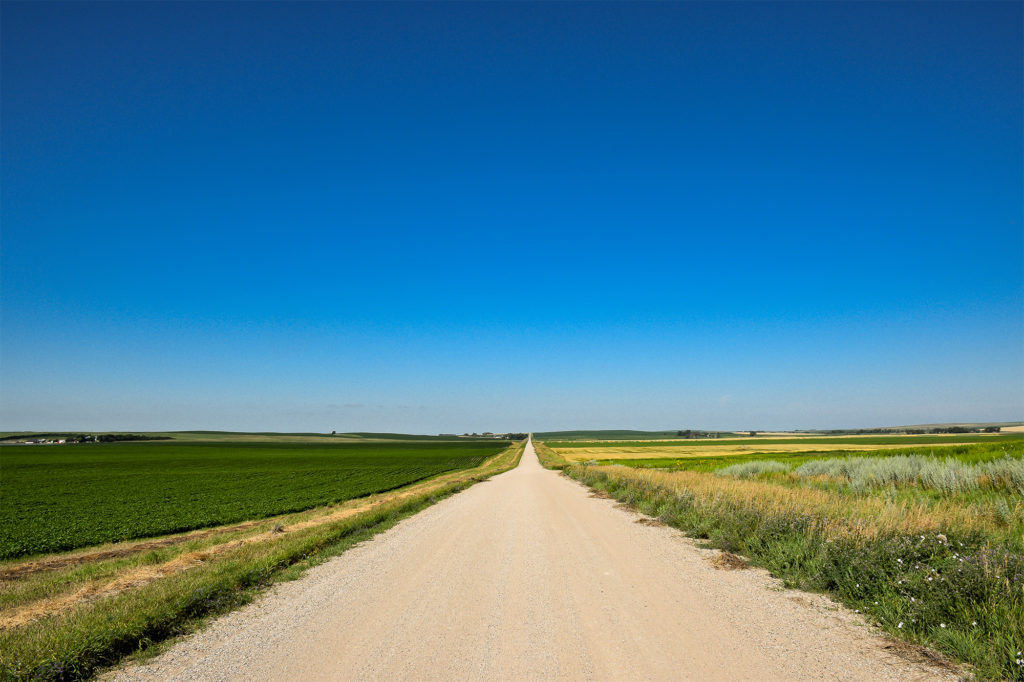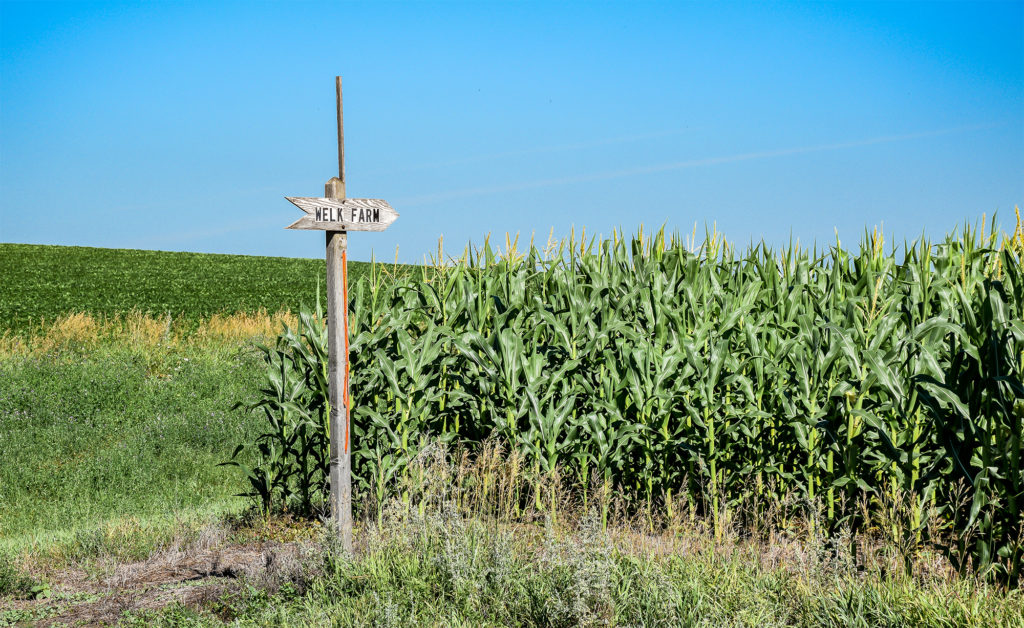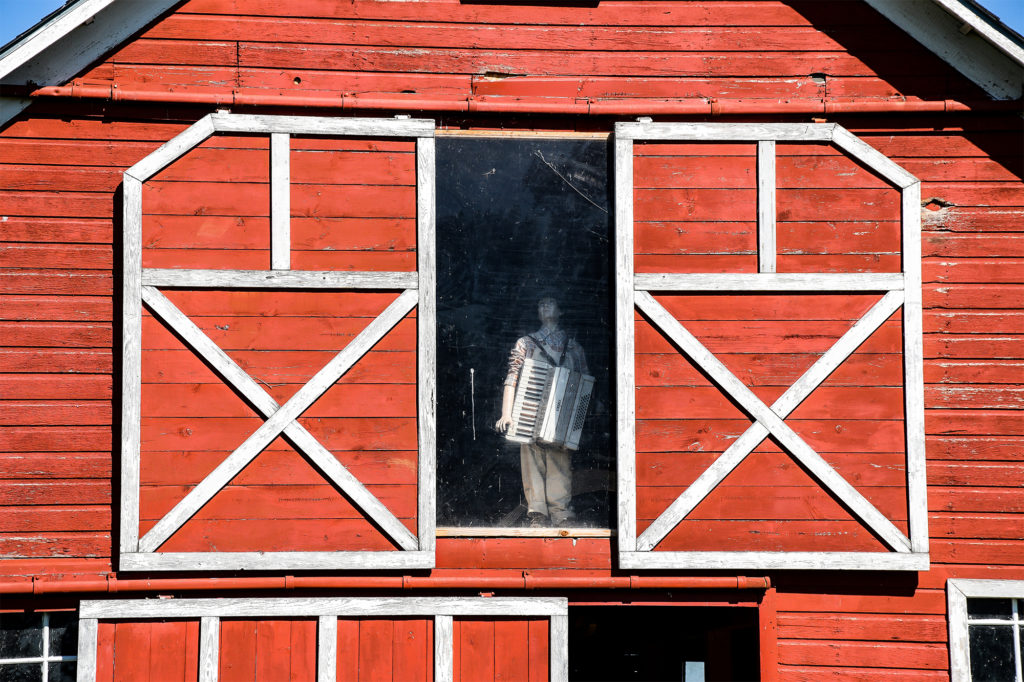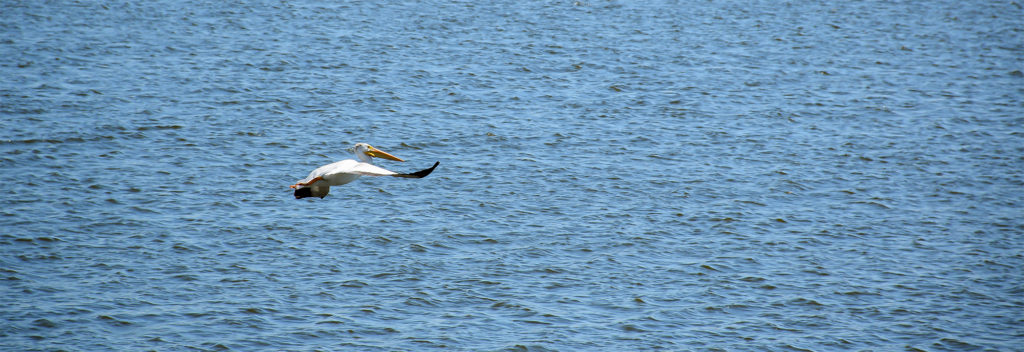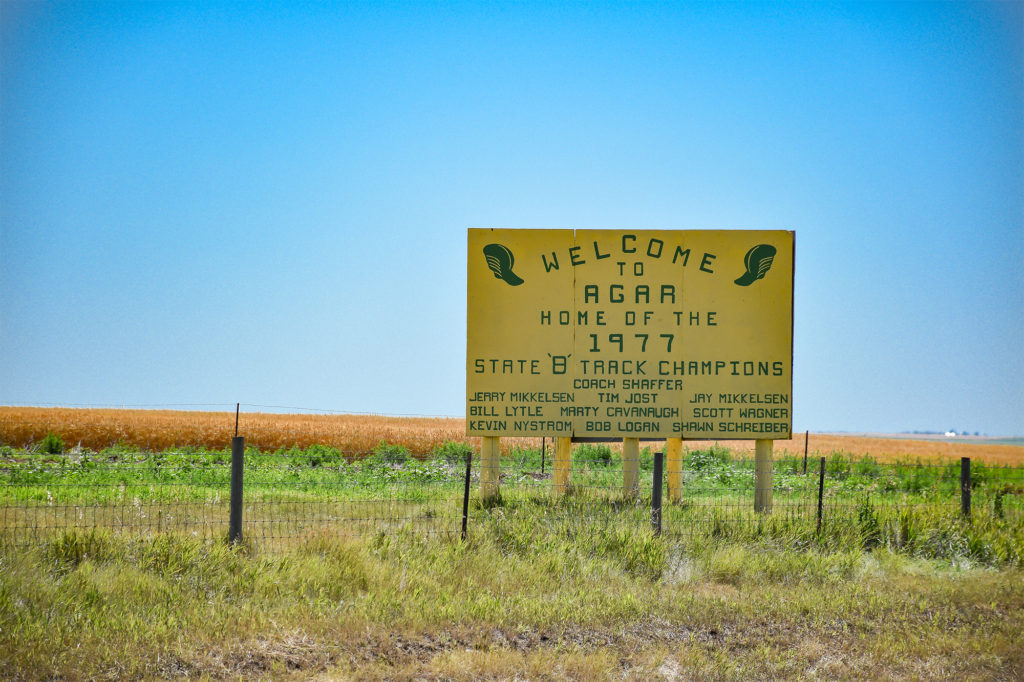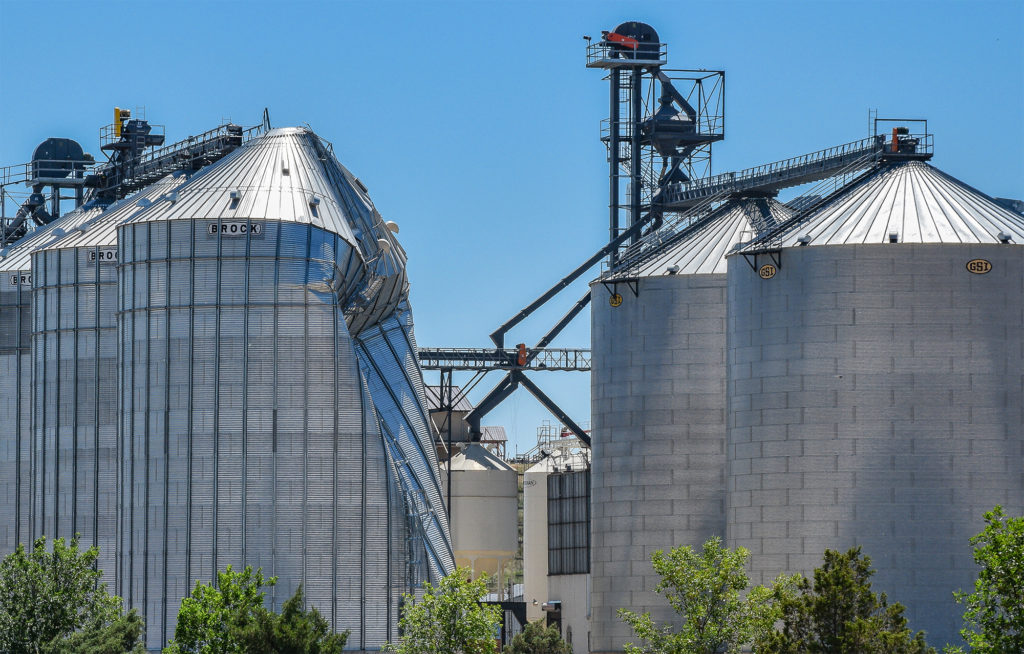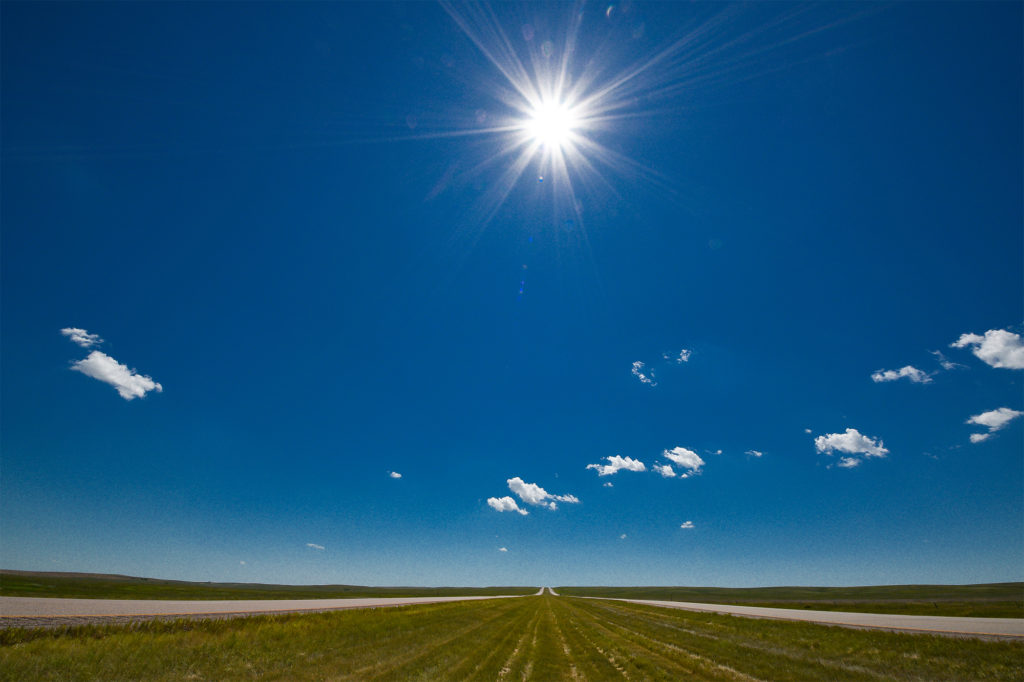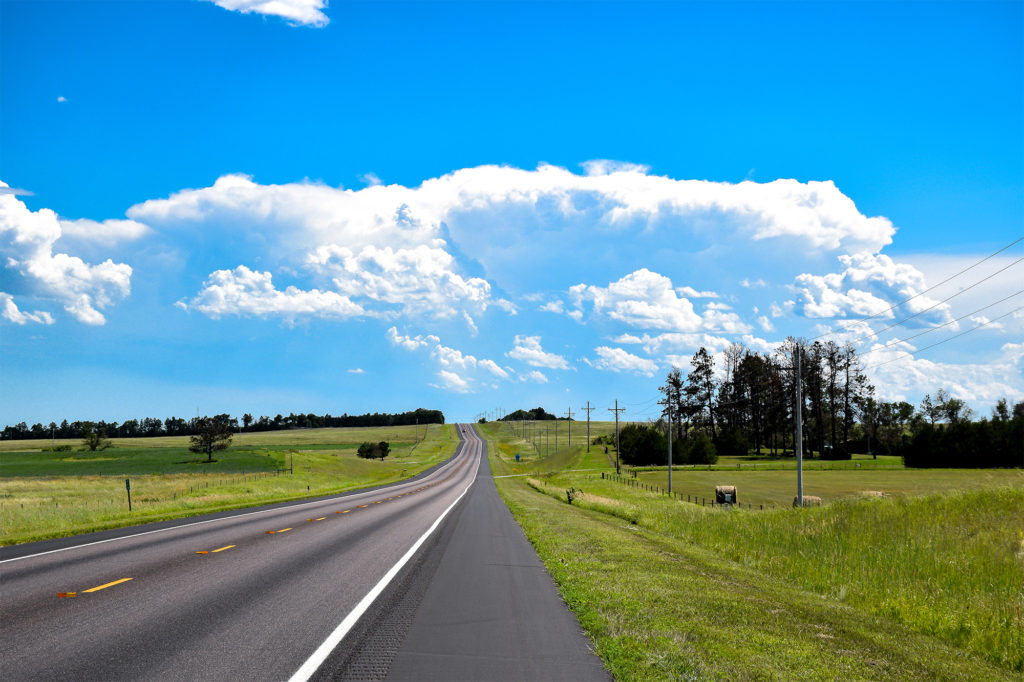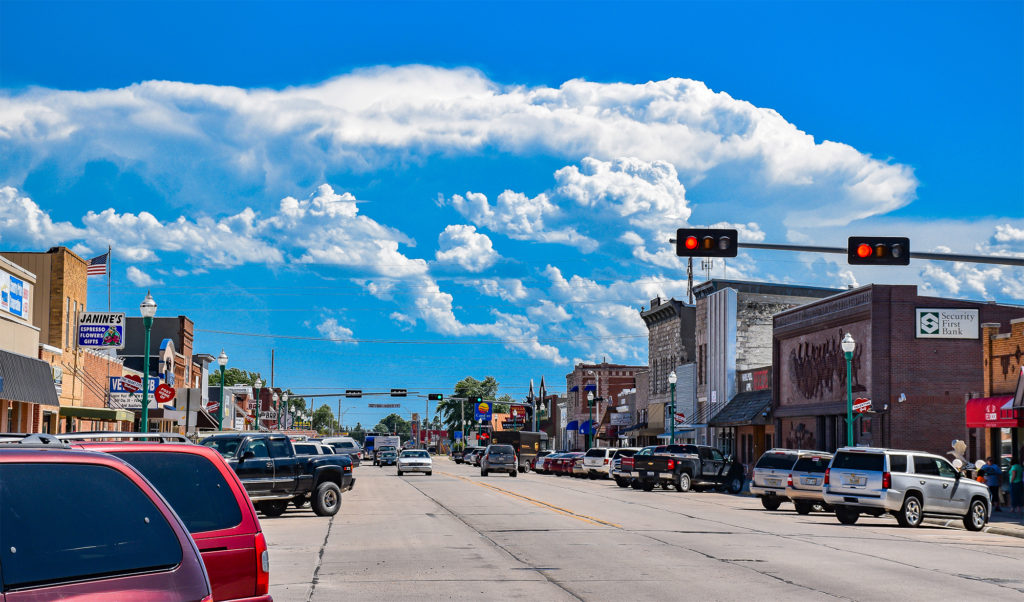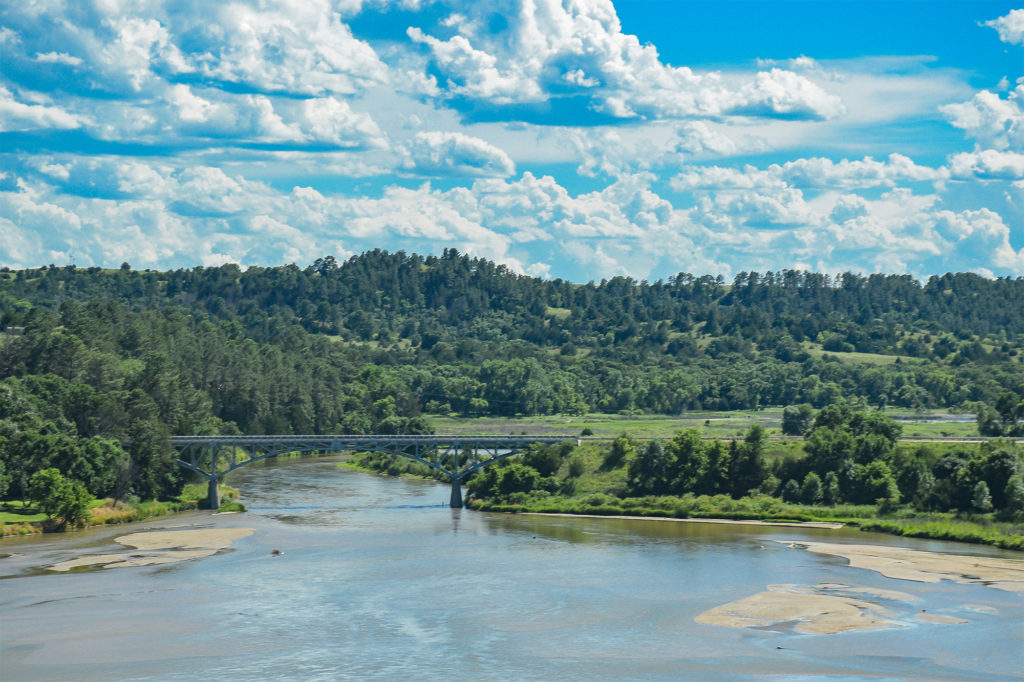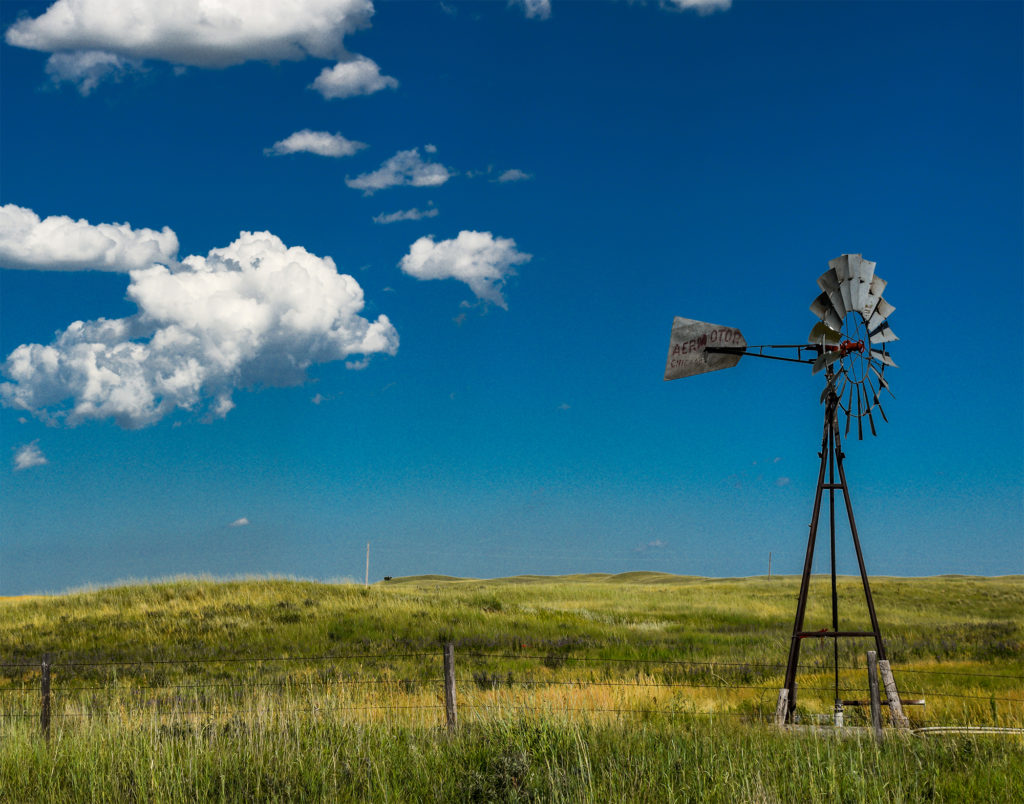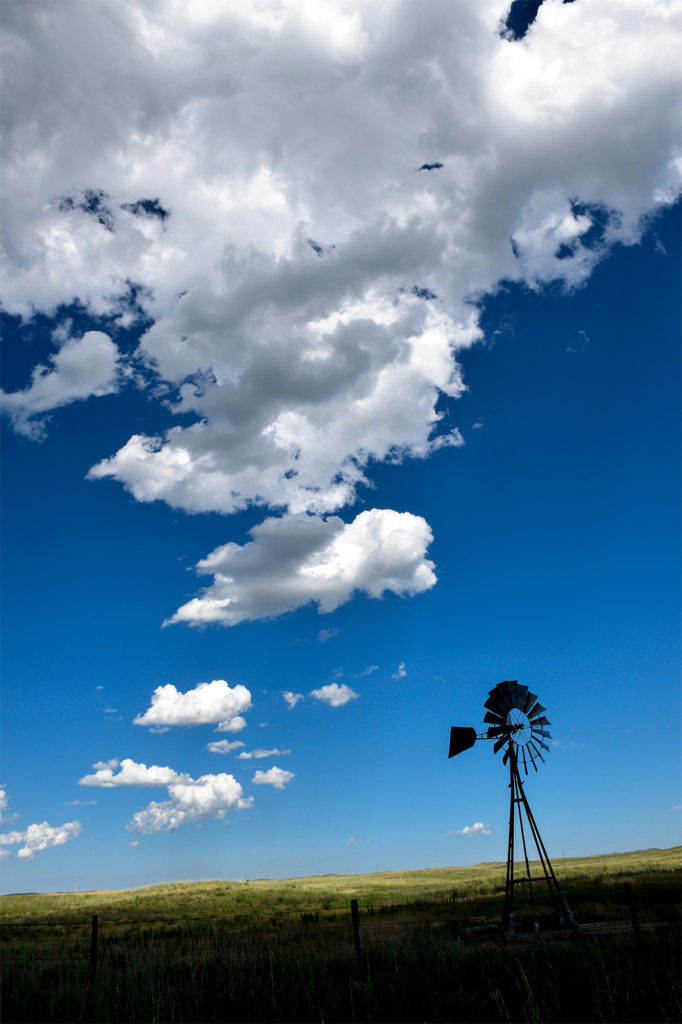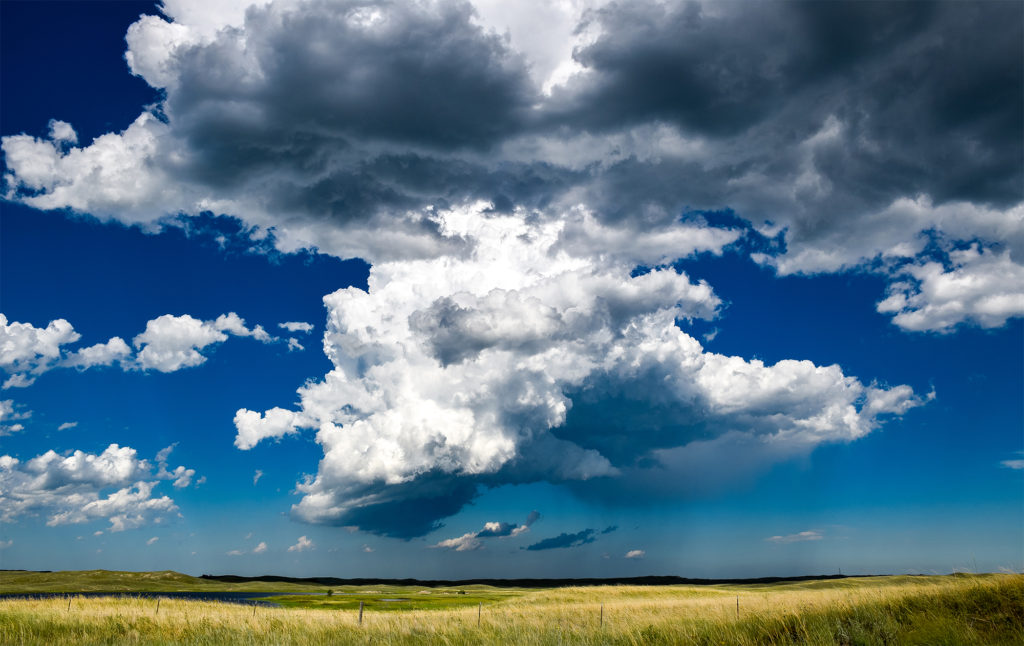Elemental Fluencies, Meanderings & Speaking Truth: An Interview with Rita Wong
Conducted by Linda Russo
I met Rita Wong because I wanted to buy her book. She had just read from undercurrent (Nightwood Editions, 2015) as a keynote speaker at the 2015 Association for the Study of Literature and Environment conference in Moscow, Idaho. The poems in undercurrent convey a strong bioregional sensibility with their emphasis on Indigenous and place-based knowledges. As she read, it was as if she was speaking a language that I both understood and longed to understand, as though perhaps these two languages were entwined. I needed that book. I waited patiently at the back of the small throng gathered after the event. I don’t remember what I said when my turn came up; I remember that Rita was entirely approachable and somewhat transcendent (buoyant?) at the same time. We greeted, I gushed, and, though she had only the copy she’d read from, she let me buy it, sticky-noted and all. In truth I began planning this interview soon after that day.(More …)
speak
by Chelsea Catherine
My father has been going on about the mystery bottle of wine on the kitchen counter for five minutes now. He stands cooking, surrounded by the aqua colored walls of the house I grew up in. Traveler’s Palm fronds brush the windows outside. It’s windy and cold for Thanksgiving in the Florida Keys.
“Who brought it?” Dad yells. His voice is slightly rounded, like he’s having an allergic reaction. He’s been deaf since childhood and even though he sometimes wears hearing aids to help him, usually he chooses not to.(More …)
Rules of Engagement
by Jon Chopan
I was pulling guard duty with a guy named Styza who claimed to be a badass Marine—a real haji killer. As far as I could tell he’d never killed anything, was just some Long Island punk who didn’t want to be a yuppie like his parents. I hated the guy. But I’d been paired with him for everything to this point and was trying my best to get along with him, or at least tolerate him.
“This war is boring,” he said.
“Boring is good,” I said.
I believed that, because what sane person wanted that kind of excitement? I’d only joined the Marines because of my father, who himself had been killed during the invasion of Iraq. Now, five years later, I was sitting in the desert thinking about how stupid that was, my following him, like a dog following its master over a cliff.(More …)
Metamorphosis
by Lois Ruskai Melina
To find a star garnet:
First, drive to the Idaho Panhandle National Forests. Alternatively, go to India.
You will need to bring a shovel, a bucket, heavy plastic bags, and an eighteen-inch square made of two-by-fours with a quarter-inch screen stretched over one open side.
Take a child, too. A ten-year-old is best. A seven-year-old may get bored and start throwing rocks. (More …)
The Road to Nowhere
by W. Scott Olsen
1.
Today, I am not in a hurry.
There is no race. No deadline. No urgent press that compels me forward. No one is waiting. No one depends upon news I might bring.
There is just this road in front of me. Two lanes, one leading north and one leading south. They head down a prairie hill and then over a rise. Fields on both sides. There are clouds on the horizon, but here, at the intersection of I-94 and US Highway 83 in eastern North Dakota, at the Cenex gas station where I’ve stopped to buy gas and coffee, the morning is bright and warm. (More …)
Patas
by Mary Quade
The chickens hang in a row, a hook through each left leg, some legs with scaly yellow feet still attached, some ending at the drumstick. Some of the attached feet are only semi-attached, cut through the joint so that they dangle, fatty soles waving. Some chickens, split open along the belly, expose the ovaries’ bright sacs of yolks, the nascent eggs inside the birds waiting for whites and shells. Others remain mostly whole, bumpy skin buttery; fatty tails over cave-like holes leading to hollow bellies. Beneath these curtains of chickens, white tile counters covered in steel trays with more chickens and parts of chickens. Behind the chickens, women in aprons, selling chickens, their booths festooned with fuzzy green garland lingering from Christmas. One woman points to the orange cluster of yolks, tells me, “Pollo bonito. Con huevos.” I understand this. I can say “pollo.” But I can’t say much else. The words, las palabras, nestled and slippery in my brain.(More …)
Pull and Drag
by Artress Bethany White
“I have to confess that my own aquatic skills came about through a mix of parental responsibility and federal desegregation.”
I rarely see any African Americans swimming in my gym pool in Knoxville, Tennessee. I always imagine that other members of the gym are amazed to see me doing laps. Most of them probably believe that black people can’t swim and I’m just a cultural anomaly. I say this because just recently I caught another article in the news about the high number of African Americans who acknowledge not being able to swim—a number much higher than other racial groups on national average. My gut twisted when I read it in that way that most people experience when they realize they have risen above a statistic but know that this does not make the statistic incorrect. I have to confess that my own aquatic skills came about through a mix of parental responsibility and federal desegregation.(More …)
Latham St., San Rafael, 1993
by Emily Alexander
Along the back side of a house
in California, the yard is green and wild
with weeds and my parents are young
enough to fool themselves into love or something
it might stem from. They call to each other
from different rooms, their names like held
things, despite the shifting warmth of June,
the breeze sifting through screened windows—(More …)
venice poem
by Emily Alexander
i am sweating, & have been since
france. the fabric pressed
against my lower back is damp, but unnoticed
among the small unnoticings
of strangers photographing the light of venice as it slips
into the river. i feel up
walls just to touch
some kind of skin, & i’m lost again, leaking
around corners & trying not to ache
for my own home’s small evening
glow. i suppose this
is what people write postcards about, wish you
were here, & here i am, pushing(More …)
The Defiants
by Kwame Dawes
In Northern Ghana, a tribe,
small as such tribes go,
of soft-spoken farmers
and women who upturn
ancient proverbs to mark
the passage of time, to cast
new myths and legends
each passing generation;
they have learned to defy
death, eating the cooked
soft flesh of the ackee—
something that can kill(More …)
Math
by Kwame Dawes
Math messes things up; this is
a problem of fate—the enemy
of the random, the egalitarian
paradise of home truths and
proverbs—math wrecks it
all. Rain, God says, falls
on the just and the unjust
alike, but the unjust usually
have umbrellas and math
pays attention to that stuff,
to the facts of it, like when
I say, “We are all having it
hard,” to ease my guilt; most
of that is a lie and it’s true,
the thing I am not saying
is that hard time is a language,(More …)
Down in the Valley
by Kwame Dawes
On the morning after the news,
like a nightmare,
a litany of tragedies, we will
call this the decade of grand
disappointments
and we will know who we are
by the accumulation of our silent
mourning, no one will
understand why we all wear
black, our women in black underthings,
their eyes shadowed with
regret, their bodies impatient,
their tongues sharper with resignation.
Only we will know how.(More …)
What the Body Says
by Laura Cesarco Eglin
I count the veins that are evident
in each part of my body. What is out
is told as simple as the subtleness of few
veins evident on my left foot. There is no
hiding, just learning another tongue.
I learn to possess in English
what I take for granted in other
languages: my body.(More …)
Silence as Methodology and Pace
by Laura Cesarco Eglin
It’s a calling to have all the words
available in silence
She wears perfume to say spring and
drinks green tea for translations(More …)
Adult Carousels
by Laura Cesarco Eglin
The rim of the glass is silent
when you drink it’s the throat
that’s thirsty and your fingers
fight for a turn to keep busy
around the glass
the silence of a merry-go-round
on a winter weekday doesn’t bother
to yield a soundtrack for childhood
for pairing up riding with real and alive(More …)
seedling
by Elizabeth Forsythe
i.
John tells me geosmin rise after rain
i’m sketching charcoal into tetrahedrons& ask why
one type of surgical stitch is called a mattress stitch this type is
incredibly secure &
good for fragile skin or larger lacerations
[6C10H15O7 + heat]
he says plutonium is not the most unstable element(More …)
John watches while i build a fireboat out of daisy stems
by Elizabeth Forsythe
catch marrow on my tongue when there’s pressure on the chest
cough holy water into the lungs be a baptismal & drown i am looking for absolution it
looks like love me not i do not feel sorry for myself burn a hole in my hand & call it a
turtledove (More …)
Bethlehem
by Vincent Hao
I laud my feet against
the summer grass, & around me
crickets are juiced by the leg,
pushing the world to a spring. it is quiet along
the river. near me, a boy sets(More …)
The Stem, Cut into Fourths
by Vincent Hao
i move in with my father. this is the day i am born. there is an ulcer against
my thigh. he pretends to be a doctor. there is a scar on his side.
all the same, he says. they cut it off of me. we visit his hometown.
i ask him why all the flowers are made of little hands.
the ground forgot itself, he says. that is the last time we speak.
he leaves on a business trip, dressed in a black suit and slacks.
at home i sleep on a burning bed. i dream of a red train, filled
with words. they overflow off the engine. they fall into my lap.
i wonder what it means when i catch crucifix and tongue.
you are too much, i say. no one in particular listens. i find myself(More …)
Everything, Again
by Vincent Hao
this is beautiful: the sky, waking in triples. my father,
over breakfast talking about the computer his team
will build. he talks with the corners of his jaw taking
life of their own, creasing & wiping off chardonnay
lips in unison. on the tv a man with a baseball bat
beats another to a scar. behind him the sky(More …)
A Prayer to Cathy McMorris Rodgers for Intercession on My Behalf
by Kate Lebo
I live in a house on a block in a town
where your name takes shape on my neighbors’ front lawns
from heat wave to windstorm. They stake Cathy in the grass
until you win, again, the right to represent us.
You are a good example, Cathy.
Reasonable with your opponents.
So firm and respectful, rage-free
and logical as a man,(More …)
A Prayer to Cathy McMorris Rodgers for More Cake
by Kate Lebo
I admit I am not loyal.
That my womb moves and votes for the other guy.
That is my right, and my womb’s right, as I know
you’ll understand, personal responsibility
being so eminent among your concerns,
so important to us all, how we take care of ourselves
and then others, the burlap of our community
woven of such acts of self-preservation
before generosity. Cathy,(More …)
